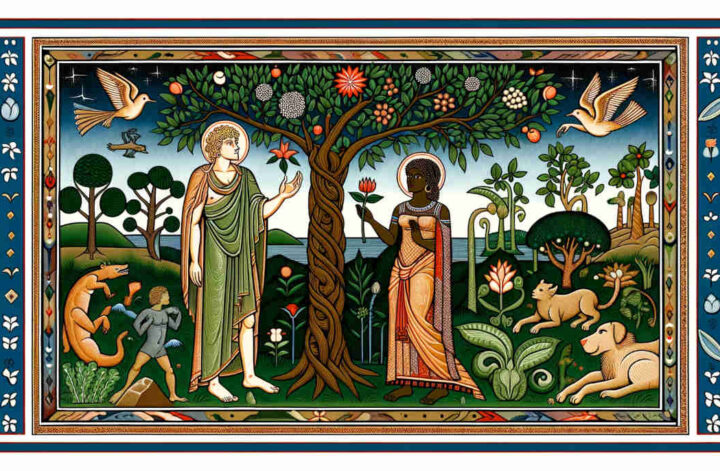Dear Theophilus,
I understand that the Trinity is a key concept in many Christian teachings. However, I’m curious if this is a universal belief. Do all Christians believe in the Trinity, or are there differing views on this doctrine within the faith?
Thank you,
Thomas
The Spectrum of Belief Regarding the Trinity
Dear Thomas,
The doctrine of the Trinity, which describes God as one being in three persons – the Father, the Son (Jesus Christ), and the Holy Spirit – is indeed a central element of many Christian traditions. However, it is not universally accepted by all who identify as Christians.
Most mainstream Christian denominations, such as Roman Catholicism, Eastern Orthodoxy, Anglicanism, and most forms of Protestantism, affirm the Trinity as a foundational aspect of Christian belief. The doctrine is considered a mystery of faith that, while not fully comprehensible by human reason, is revealed by scriptures and affirmed by the early ecumenical councils of the Church.
However, there are Christian groups that do not adhere to Trinitarian doctrine. For example, Unitarian Christians affirm the oneness of God and recognize Jesus as a significant figure but do not accept the divinity of Jesus in the Trinitarian sense. Similarly, other groups like the Jehovah’s Witnesses and Oneness Pentecostals hold to non-Trinitarian beliefs, emphasizing the oneness of God without the distinction of three co-equal persons.
The divergence on this doctrine is often due to different interpretations of scriptural passages and theological understanding. Non-Trinitarian Christians may argue that the concept of the Trinity is not explicitly outlined in the Bible and thus do not accept it as a tenet of their faith.
In the broadest sense, while the majority of Christians worldwide profess belief in the Trinity, there remains a significant minority who do not, which reflects the doctrinal diversity within Christianity. This variance in belief underscores the complexity and depth of Christian theology and the interpretative nature of faith.
It is important, therefore, to approach these discussions with a sense of humility and a desire for understanding, recognizing the sincere faith of those who may hold differing theological positions.
Yours in the search for truth,
Theophilus


